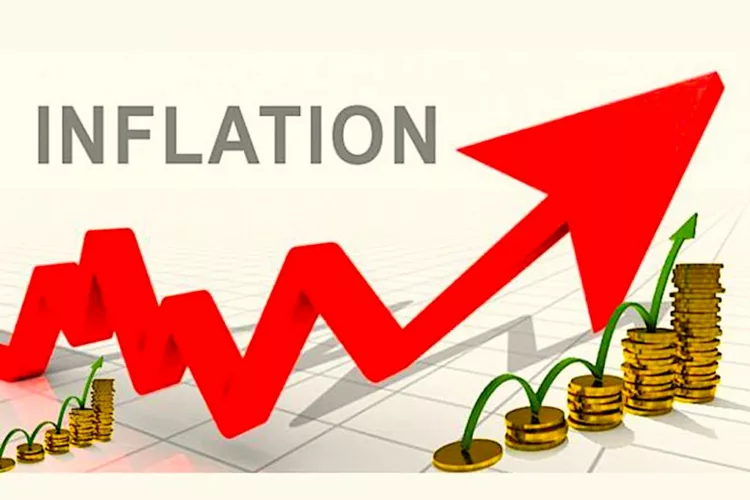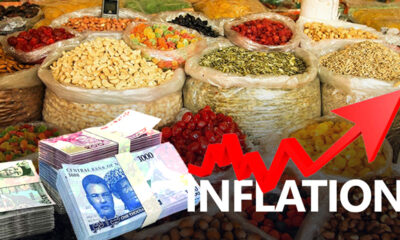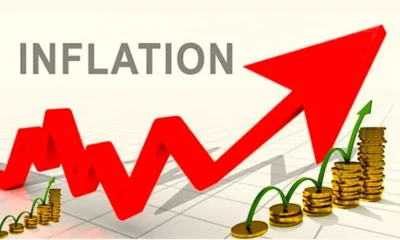The Nation
Nigeria’s inflation threatens to worsen as money supply hits record high

Nigeria’s inflation rate may worsen as the country’s money supply (M3), which measures the total amount of money in the economy, reached an all-time high of N101.34 trillion in June 2024.
Recent data from the Central Bank of Nigeria (CBN) reveals that M3 increased by 56.15 percent, rising from N64.90 trillion in June 2023 to the current level. The surge in money supply is raising concerns about potential inflationary pressures, as economists warn of the implications for the country’s economic stability and purchasing power.
According to financial analysts, when the money supply increases, it can lead to higher inflation.
On a month-on-month basis, the money supply increased by 2.11 percent from N99.23 trillion in May 2024.
The increase in M3 comes despite the monetary tightening of the CBN.
The CBN had issued over N1.5 trillion in Open Market Operation (OMO) bills since Olayemi Cardoso took the helm as governor in September last year to stem inflation and strengthen the Naira.
The country’s core and food inflation stood at 34.19 percent and 40.87, respectively, in June 2024, while interest rates stood at 26.75 percent.
Commenting on the M3 data, analysts at FBNQuest said, “While the increase in CIC may suggest improved economic activity in nominal terms and higher consumer spending, it also highlights the risk of inflation, particularly if money supply growth exceeds real output growth.”
The development comes as the National Assembly recently increased the Nigerian government’s ways and means advance threshold to 10 percent from 5 percent.
As of June 2024, Nigeria’s currency in circulation (CIC) rose to N4.05 trillion from N2.60 trillion in the same period last year.




























